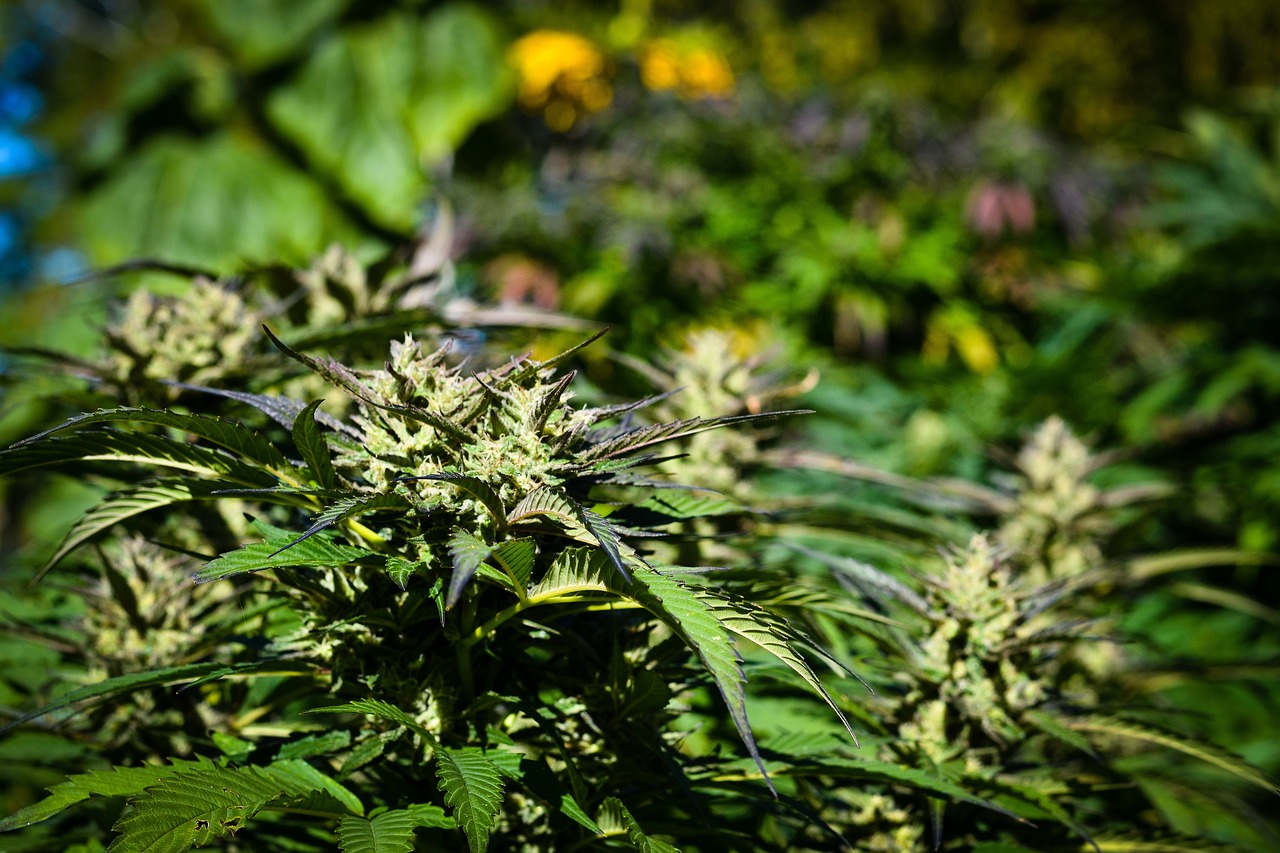The world of cannabis is vast and varied, with numerous compounds offering a range of benefits. Among these, THCA (tetrahydrocannabinolic acid) has emerged as a compound of interest, particularly in its raw form found in cannabis flowers. This article explores the therapeutic potential of THCa Red Velvet flower high, shedding light on its benefits, applications, and the science behind it.
Understanding THCA
THCA is a non-psychoactive cannabinoid found in raw and live cannabis. Unlike THC, which is known for its psychoactive effects, THCA does not produce a high. This is because THCA must be decarboxylated, a process that involves heating, to convert into THC. This transformation is what typically occurs when cannabis is smoked or vaporized.
The Science Behind THCA
THCA is the precursor to THC, and it is abundant in fresh cannabis plants. The compound is known for its potential anti-inflammatory, neuroprotective, and anti-emetic properties. Research is ongoing, but early studies suggest that THCA may offer a range of health benefits without the psychoactive effects associated with THC.
Therapeutic Benefits of THCA Flower
THCA flower is gaining attention for its potential therapeutic applications. Here are some of the key benefits:
- Anti-Inflammatory Properties: THCA has shown promise in reducing inflammation, which could be beneficial for conditions like arthritis and other inflammatory diseases.
- Neuroprotective Effects: Preliminary research indicates that THCA may help protect brain cells, potentially offering benefits for neurodegenerative diseases such as Alzheimer’s and Parkinson’s.
- Anti-Emetic Benefits: THCA may help reduce nausea and vomiting, making it a potential option for patients undergoing chemotherapy or those with chronic nausea.
- Appetite Stimulation: Some studies suggest that THCA can stimulate appetite, which could be helpful for individuals with eating disorders or those undergoing treatments that suppress appetite.
Case Studies and Research
Several studies and anecdotal reports highlight the potential of THCA. For instance, a study published in the British Journal of Pharmacology found that THCA exhibited anti-inflammatory properties in laboratory settings. Another study in the Journal of Neuroimmune Pharmacology suggested that THCA might have neuroprotective effects, although more research is needed to confirm these findings in human subjects.
Patients and healthcare providers have reported positive outcomes when using THCA-rich products. For example, some patients with chronic pain have found relief using THCA without experiencing the psychoactive effects of THC. These anecdotal reports, while not scientifically rigorous, provide a basis for further investigation.
How to Use THCA Flower
THCA flower can be consumed in various ways, each offering different benefits:
- Juicing: Fresh cannabis leaves and flowers can be juiced to retain the THCA content. This method is popular among those seeking the health benefits of cannabis without the high.
- Tinctures: THCA tinctures are available and can be used sublingually for quick absorption.
- Topicals: THCA-infused creams and balms can be applied directly to the skin for localized relief.
Legal Considerations
The legal status of THCA varies by region. In some areas, THCA is considered legal because it is non-psychoactive. However, the conversion of THCA to THC through decarboxylation can complicate its legal status. It’s important for consumers to understand the regulations in their area before purchasing or using THCA products.
Conclusion
THCA flower presents a promising avenue for therapeutic applications, offering potential benefits without the psychoactive effects of THC. While research is still in its early stages, the existing studies and anecdotal evidence suggest that THCA could be a valuable addition to the world of cannabinoid-based therapies. As interest in cannabis continues to grow, further research will likely uncover more about the potential of THCA and how it can be harnessed for health and wellness.


